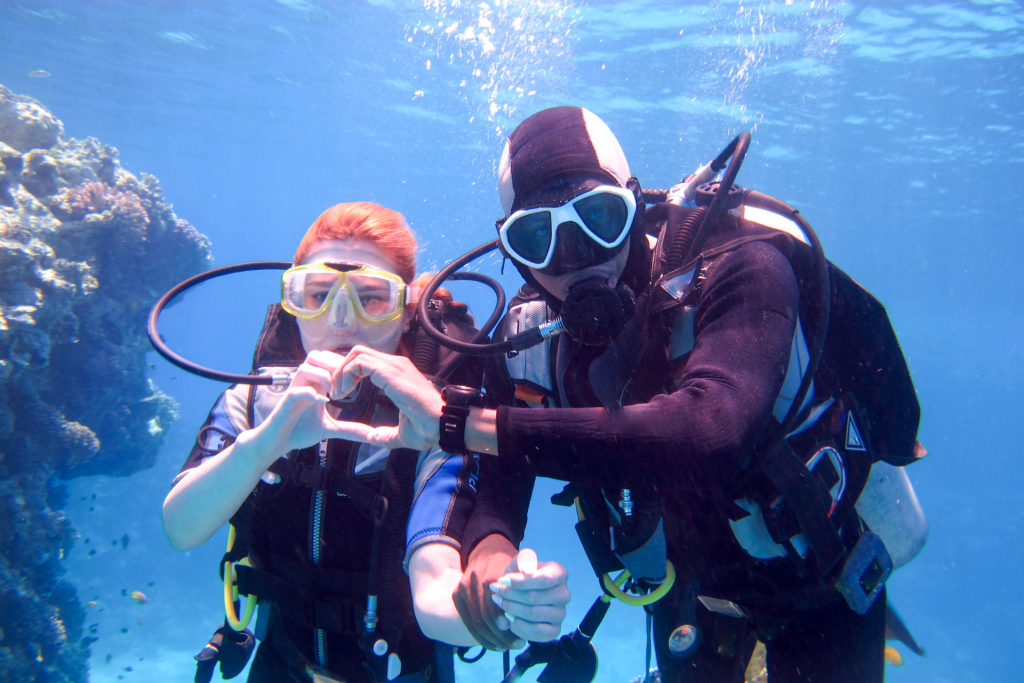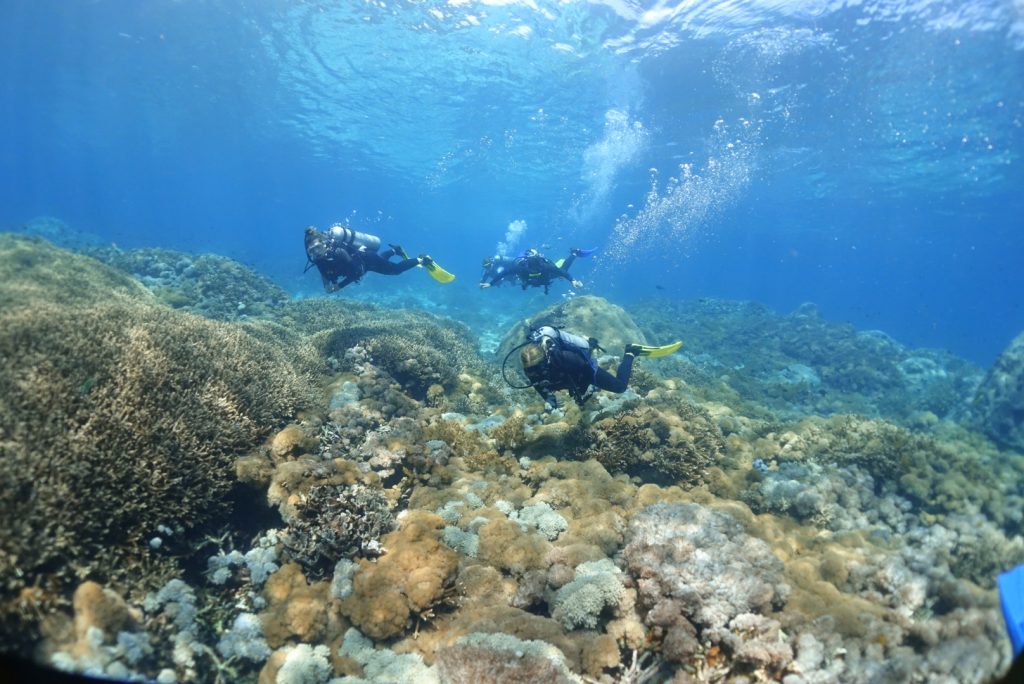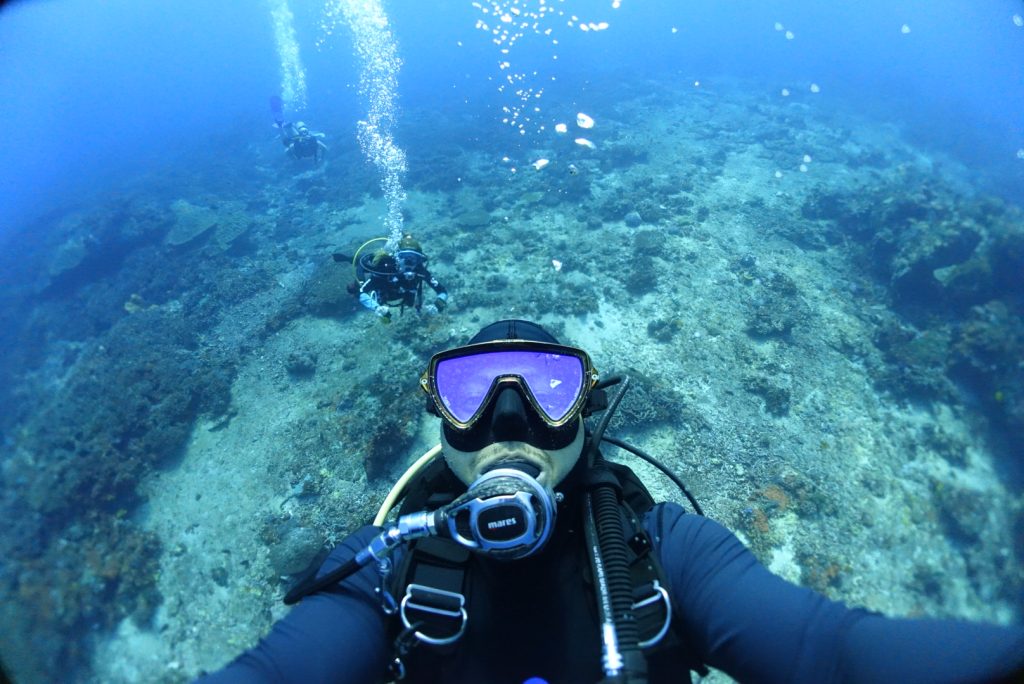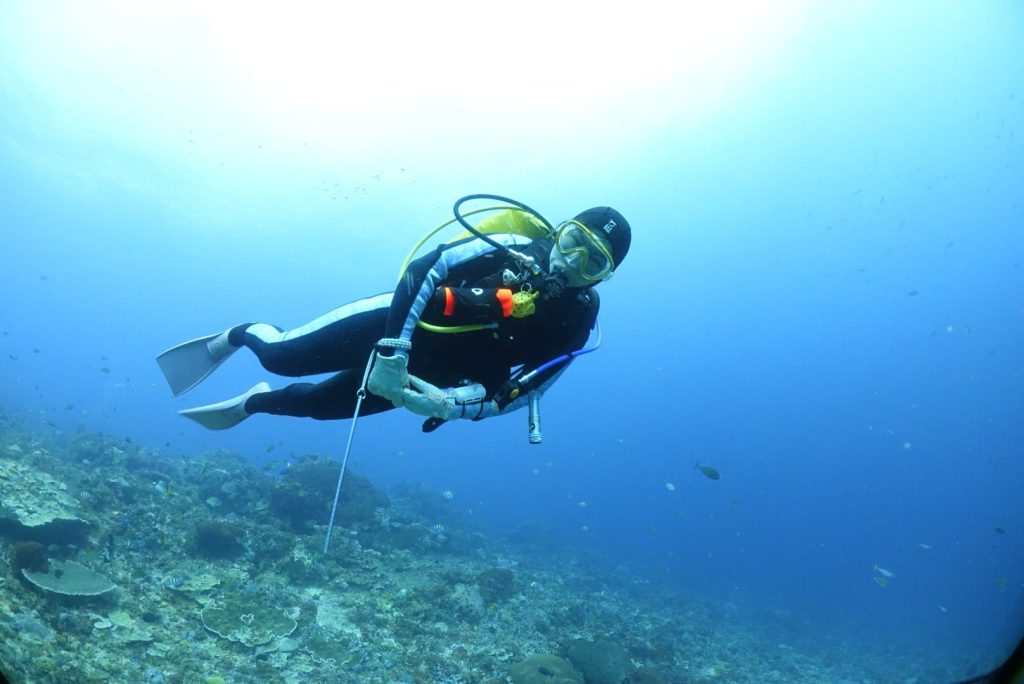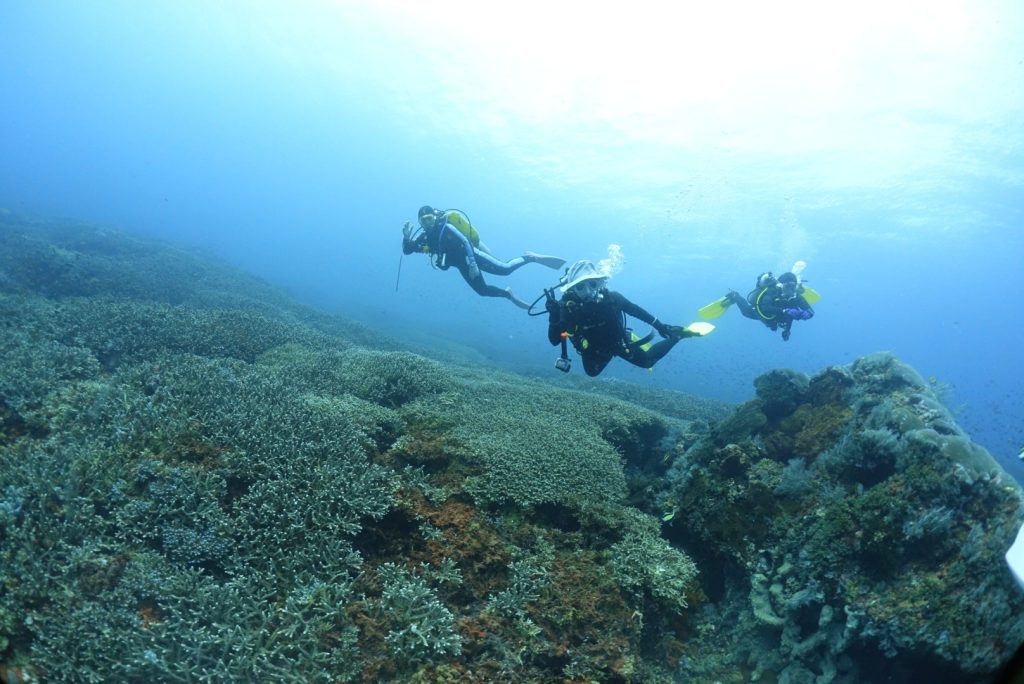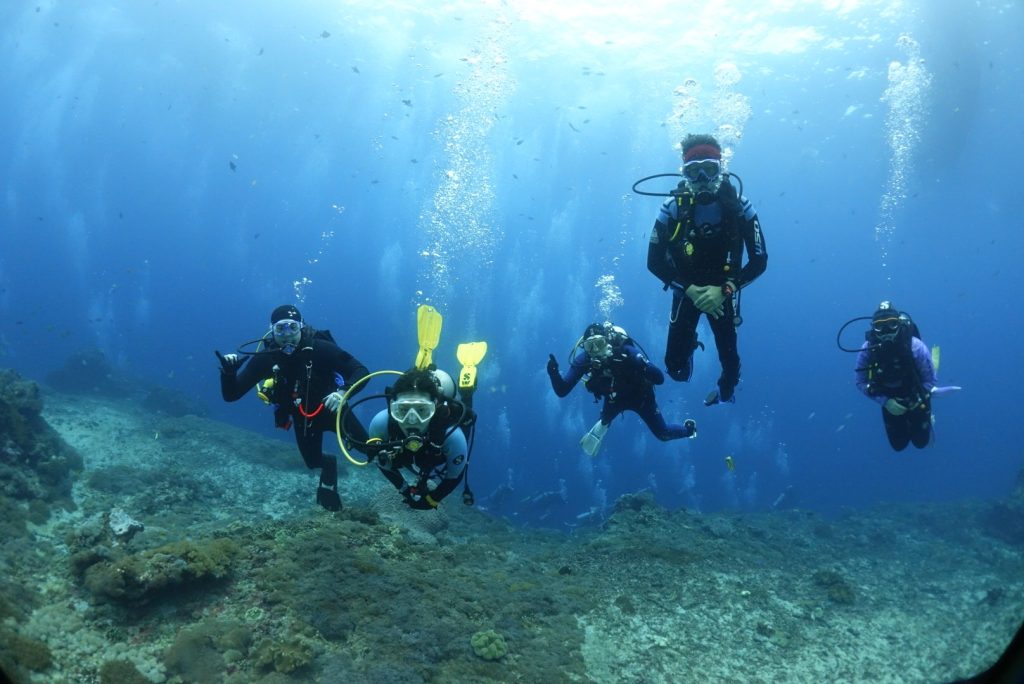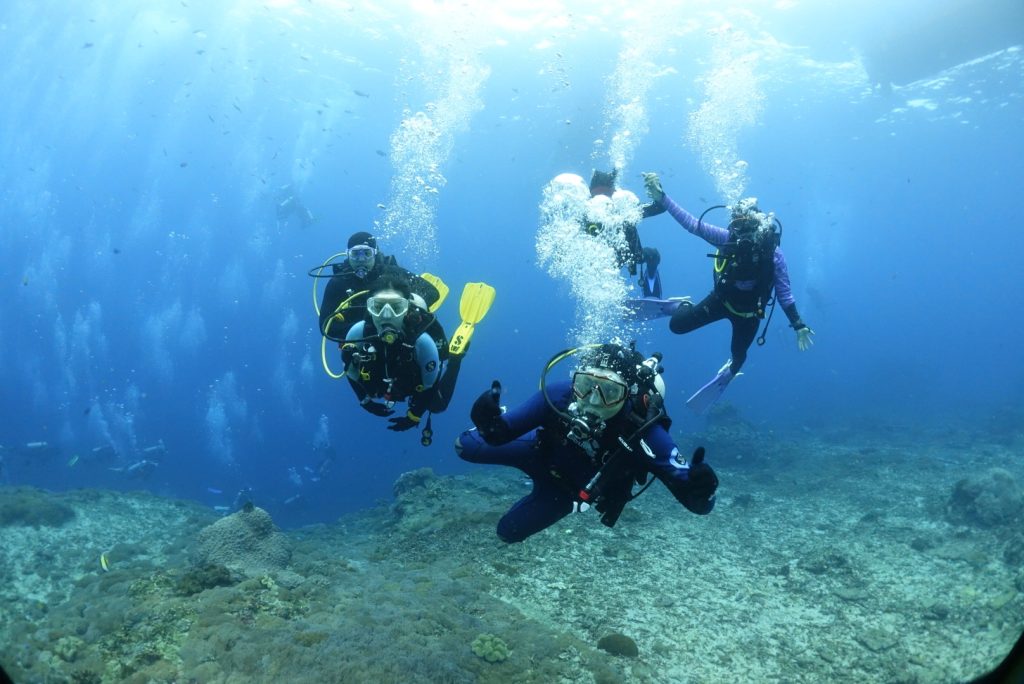Open Water certification
Open Water Certification: Your Passport to the Underwater World!
Embark on a journey of exploration and adventure with Open Water Certification. This comprehensive course equips you with the knowledge and skills to dive safely and confidently in open water environments, master essential diving techniques and understand marine life conservation
Take the plunge and join the global community of certified divers today!
Steps in obtaining Open Water Certification
Participants begin by completing the theoretical portion of the course, which covers essential diving principles, safety guidelines, equipment usage, and dive planning. This knowledge can be acquired through self-study using materials provided by the certification agency or through instructor-led classroom sessions.
Participants progress to confined water training, where they practice essential scuba diving skills in a controlled environment such as a swimming pool or shallow bay. Under the guidance of a certified instructor, participants learn and demonstrate skills like regulator recovery, mask clearing, buoyancy control, and underwater communication
Once participants have mastered the necessary skills in confined water, they move on to open water dives. These dives typically take place in a natural body of water such as a lake, quarry, or ocean. Participants apply the skills they've learned during confined water training while exploring the underwater environment under the supervision of their instructor.
Throughout the course, participants are evaluated on their understanding of diving principles and their ability to apply learned skills. This may include quizzes, exams, and practical assessments conducted by the instructor to ensure participants meet the certification requirements.
Upon successful completion of the knowledge development, confined water training, and open water dives, participants are awarded their Open Water certification. This certification allows them to dive independently with a buddy to a maximum depth of 18 meters (60 feet) in conditions similar to or better than those in which they were trained.
Some certification agencies offer additional training courses beyond the Open Water certification, such as Advanced Open Water, Rescue Diver, and specialty courses. These courses allow divers to further enhance their skills and explore specific areas of interest within the diving community.
ADVANCED OPEN WATER
Advanced Open Water Diver certification offers divers the opportunity to expand their skills, explore new dive environments, and enhance their overall diving experience and safety.
Whether you're looking to dive deeper, explore wrecks at night, or capture stunning underwater photos, the Advanced Open Water course can help you achieve your diving goals.
Steps in obtaining Advanced Open Water Certification
To enroll in the Advanced Open Water Diver course, you typically need to be at least 12 years old and hold a certification as an Open Water Diver or equivalent from a recognized scuba diving agency such as PADI (Professional Association of Diving Instructors), SSI (Scuba Schools International), NAUI (National Association of Underwater Instructors), or others
The Advanced Open Water Diver course usually consists of knowledge development sessions, practical training dives, and sometimes additional elective dives depending on the agency's curriculum. It's designed to build upon the foundational skills learned in the Open Water Diver course.
During the course, divers typically complete a series of adventure dives, which may include specialties like deep diving, underwater navigation, night diving, drift diving, wreck diving, buoyancy control, search and recovery, underwater photography, and more. These dives allow divers to gain experience in various diving conditions and environments under the guidance of a certified instructor
Upon completing the Advanced Open Water Diver course, divers often have an increased maximum depth limit compared to their Open Water certification. However, this depth limit varies depending on the certifying agency and specific course requirements.
Achieving the Advanced Open Water Diver certification opens up new diving opportunities and allows divers to explore a wider range of dive sites and conditions. It also provides a foundation for further training and specialization in various diving disciplines.
As with any scuba diving certification, safety is paramount. Divers should always adhere to safe diving practices, stay within their training and experience levels, and continue to refresh and improve their skills through regular diving and additional training courses.
